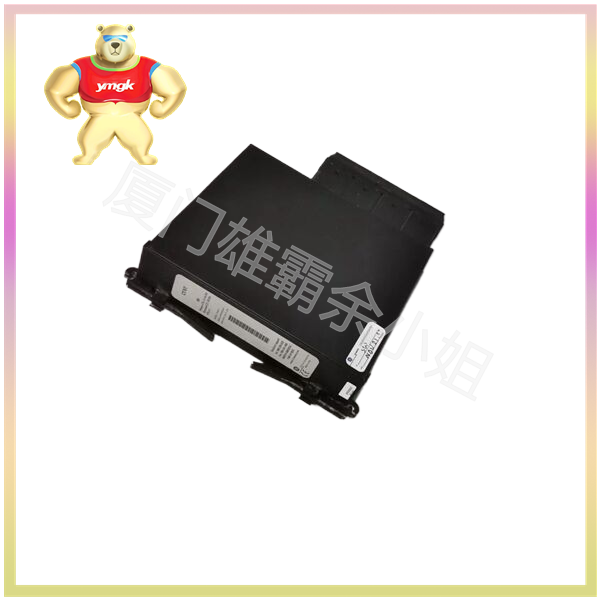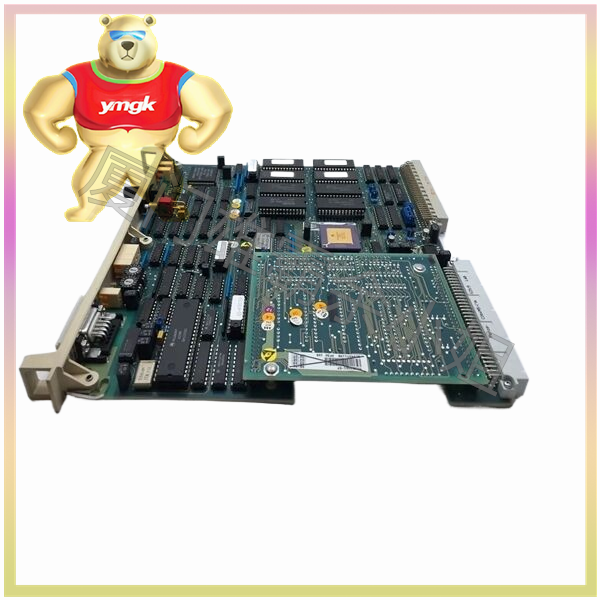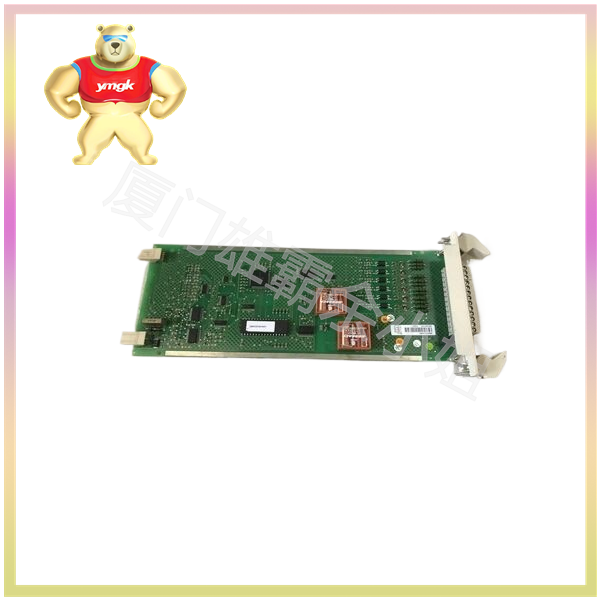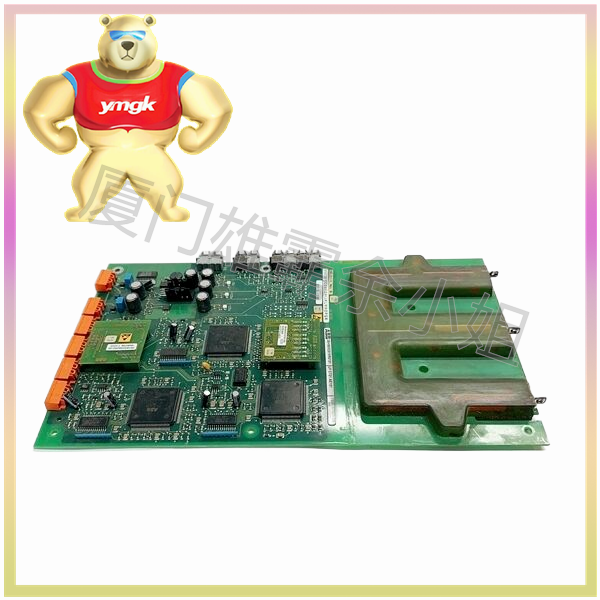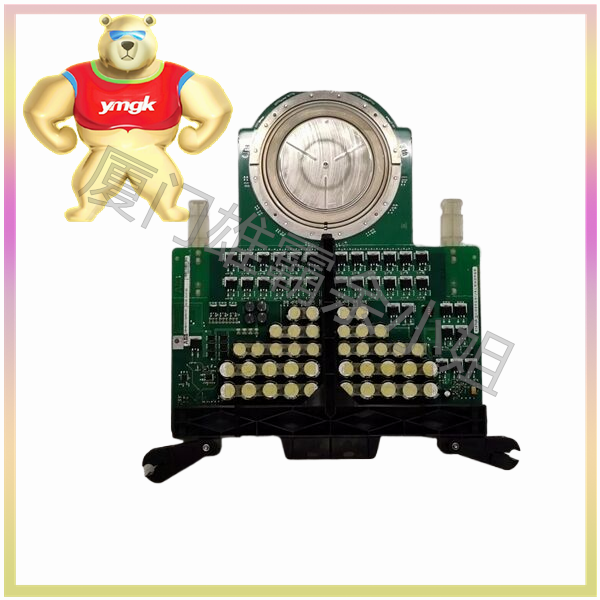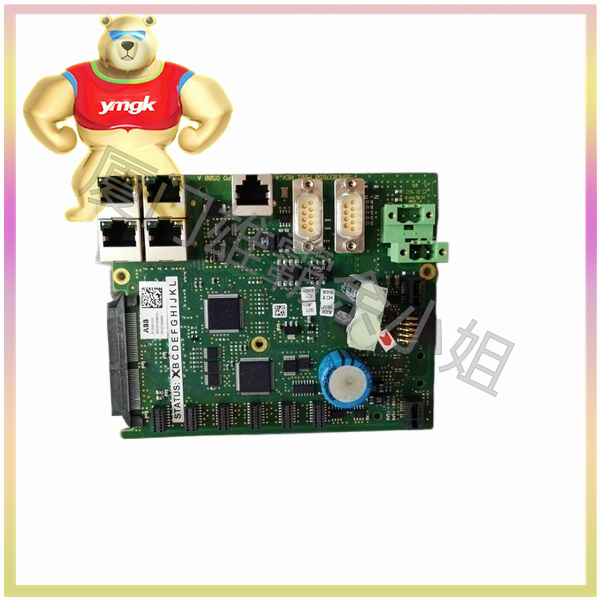01 Timely carry out data backup work
Regularly and promptly backup DCS configuration software, PID parameters, and various application software data. Backup can be done using portable hard drives, USB drives, etc., but it is best to use DCS dedicated storage. When the DCS system needs to optimize and modify test points and logic during operation, it is necessary to backup the configuration in advance and keep detailed system records, such as PID parameters of each control loop, positive and negative effects of regulators, etc.

02 Reasonable arrangement of hard wired input/output quantities
In order to minimize data exchange between different I/O stations in DCS, it is necessary to scientifically and reasonably modify and arrange the hard wired input/output to prevent information transmission blockage caused by excessive transmission load, which may result in abnormal phenomena such as delayed and inaccurate information transmission in the DCS communication system.
03 Strengthen training and standardize operating procedures
When maintaining the DS system, it is necessary to standardize the operating procedures, as there are significant safety hazards in some work. Relevant personnel should receive training on relevant work experience to prevent DCS communication failures caused by human factors. For example, when uninstalling application software in the system, changing control parameters, and modifying the human-machine interface, it is necessary to strictly follow relevant regulations to effectively reduce the possibility of DCS system failure.
04 Ensure no electromagnetic interference source
Electromagnetic interference can affect the stability and reliability of DCS systems, so it is important to ensure that there are no sources of electromagnetic interference around the DCS system. It is strictly prohibited to use instruments and equipment such as walkie talkies, mobile phones, and tablets that can generate electromagnetic waves in the cabinet room to avoid generating interference signals and causing copper communication failures in the system.
05 Strictly design the controller and communication network load
In the design phase, it is necessary to strictly calculate and standardize the workload of DCS controllers, and carefully calculate the communication network load. When making design changes, consideration should be given to redundancy of I/O points and the number of alarms. At the same time, debugging and trial operation should be carried out before the official operation of the system, simulating various emergency situations that may occur, timely discovering communication failures, and preventing unnecessary economic losses after operation.
06 Establish a scientific and reasonable DCS maintenance management system
DCS maintenance personnel should check the working status of DCS cabinets and communication network modules on a daily basis, check for fault prompts, analyze the causes of abnormal situations in a timely manner, and handle them promptly. Use a network tester to check the hardware working status of the network, as well as the indicator lights of the switch. Use the “ping” command to check the computer network and the IP settings of each computer. When inspecting cards and communication components, wear anti-static wrist straps to prevent communication failures caused by static electricity.

